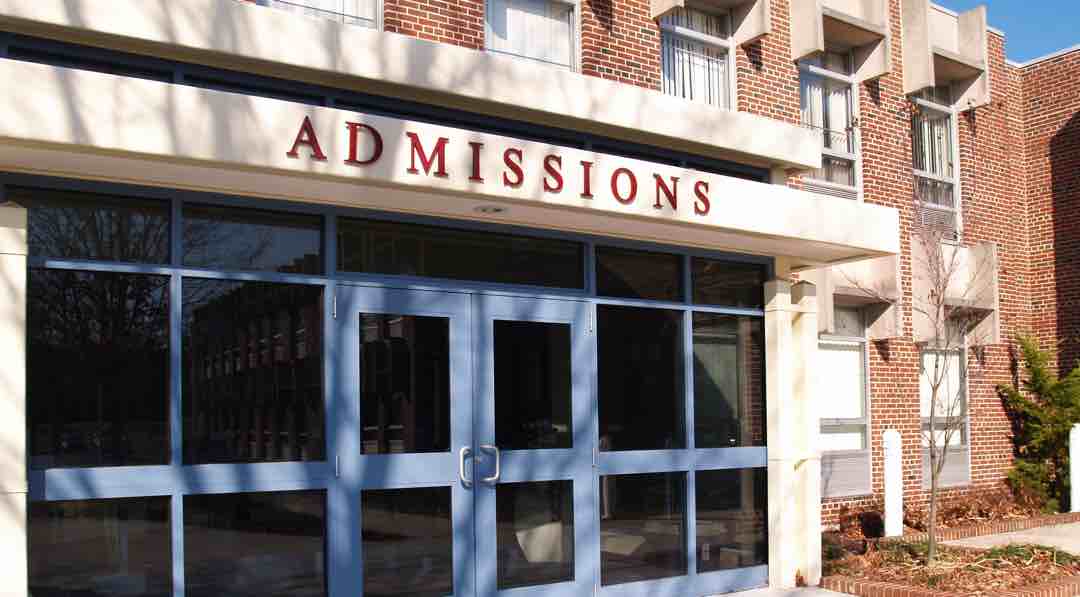Campus tours are an essential part of finding colleges to apply to or deciding which college is the best fit for you. During the pandemic, many students have been taking virtual tours or attending webinars. Regardless of whether they are in-person or virtual, most campus tours will focus on the amenities (modern dorm rooms, the number of dining facilities, new library buildings, state-of-the-art gyms). They will also emphasize prestige factors like the number of Nobel Laureates on the faculty, how old the college is, and the names of famous alumni. But as a parent helping a student with one of their life’s most important choices, here are some questions you should be asking at a campus tour.
Career
What Percentage of Students Have Jobs or Go onto Graduate School After They Graduate?
Nationwide, about 43% of college graduates work at jobs that don’t require a college degree. Of course, some go on to graduate school, and many work other jobs while waiting to find a career. But the number varies widely between schools. Some universities place as many as 80% of their graduates into employment right after school.
Employment and earnings aren’t the only reason to go to college, but they’re a significant reason, so this is a critical question to ask.
Related tip: The average earnings of graduates varies widely from university to university. The Department of Education’s college scorecard tracks this data, and Georgetown University Center for the Education and the workforce has estimates of the extent to which this is due to the education you receive. Sites like LifeLaunchr incorporate these metrics into their college search.
What Percentage of Students Graduates in Four Years?
It is nearly impossible at many universities to graduate in four years since you can’t get the courses you need. First-year students usually have the last priority in choosing courses, so you might find that many required courses are full, and you have to wait a semester or two to be able to get in. An extra year means a year of additional tuition, room, and board. And a year of lost earnings. Those aren’t necessarily decisive factors, but you should know.
How Effective is the Campus Career Center?
Career centers on campus offer a wide range of resources to help you find a job after college: resumé development, interview preparation, and campus recruitment. Ask about how effective they are and what services they offer.
Academics
What is the Student-Faculty Ratio?
Student-to-faculty ratios at schools are a good measure of how committed the school is to your child’s education. They can vary from as little as 12:1 to as much as 65:1, so consider the data in your decision. And at many schools, even if the student-faculty ratio is low, many undergraduate courses are taught by adjuncts or teaching assistants rather than professors. Getting a good sense of this could make a big difference in the quality of education you’re getting. Tools like LifeLaunchr’s College Match can help. But this is also a helpful question to ask on a campus tour.
Do They Have an Honors College?
Many universities (like the University of Florida, University of Texas, and Purdue) have honors colleges that provide a more challenging course load for academically exceptional students.
What Opportunities Exist for Undergraduate Internships and Research?
Doing research as an undergraduate and getting great internships can make a difference in obtaining employment. Some universities have partnerships with nearby companies to facilitate internships; some offer research opportunities with faculty.
How Big are Introductory Classes, and How Many are Taught by TAs?
At many colleges, introductory classes (like ECON 101) are taught by TAs more than professors, and class sizes can be huge.
What Specific Majors Do They Offer in Your General Area?
Within a general area, like biology, universities offer many specific majors: biochemistry, biomedical engineering, molecular & cell biology, for instance. Ask about which majors the university offers in your general area.
How Easy is it to Switch Majors?
At some colleges, like MIT or Harvard, students are admitted without regard to major. At others, switching majors is very difficult. Unless you’re sure of your major, ask about how easy it is to change once you start college.
Campus Resources and Culture
What is the Campus Culture?
Some universities have student bodies that come from very close by, and the campus can be a ghost town on weekends. If your child is coming from too far away to go home for weekends, that can make life lonely. At some schools, campus life revolves around sports, fraternities, sororities, or churches. Some universities are traditional. Others are freewheeling and counter-cultural.
If possible, arrange for your child to spend a night on campus, staying in a dorm, and spending time with other students. They will get a deeper sense of campus culture.
How Does the College Help Students Learn to Write?
Writing is a critical part of American college education, no matter what your major is. Universities have writing centers to help students with their writing assignments, and they also have course requirements to help students learn to write better. Ask about those.
What Resources Do They Offer for Students With Learning Differences?
Colleges vary widely in how they support students with learning differences like ADHD or dyslexia. Get detailed and specific answers if these situations apply to you.
How Diverse are the Cafeteria Menus?
Most universities now offer several cafeterias or eateries, but if your child is a picky eater or has dietary restrictions, finding healthy food to eat on campus can get tricky. Colleges now say that about 30% of students eat some form of a vegetarian diet, and many people follow kosher, are sensitive to gluten, or have food allergies. And more and more students grow up in households where the food ties to specific ethnicities or cultures, so finding food that your teen is used to may not be easy. If your teen is in any of these categories, be sure to ask what options there are. Even better, eat a meal or two on-campus as part of your campus tour or while visiting. See how your child likes it.
Financial Aid and Scholarships
How Big is the Average Aid Package, and What is it Based On?
Colleges offer different kinds of aid: merit aid, meant to entice students to attend a particular college, and need-based aid, intended to make the college affordable to low-income students. Ask about how big the aid packages are and how they design them.
Are Scholarship Applications Part of the Main Application, or Do They Need Separate Applications?
At many colleges, you don’t need separate applications for scholarships. But some colleges, and some scholarships, require individual applications. Ask so you can have a good idea.
These questions and the answers you receive can be critical in making decisions about which offer of admission to accept and deciding where to apply. So ask, take notes, and discuss the answers with your child.








0 Comments
Trackbacks/Pingbacks